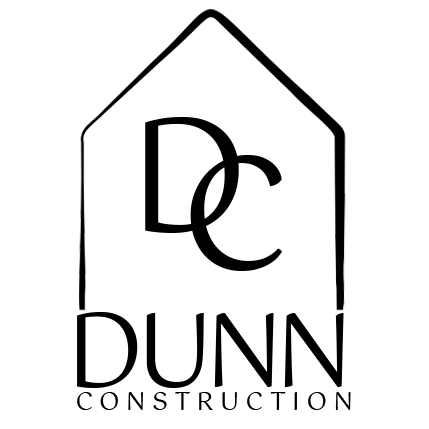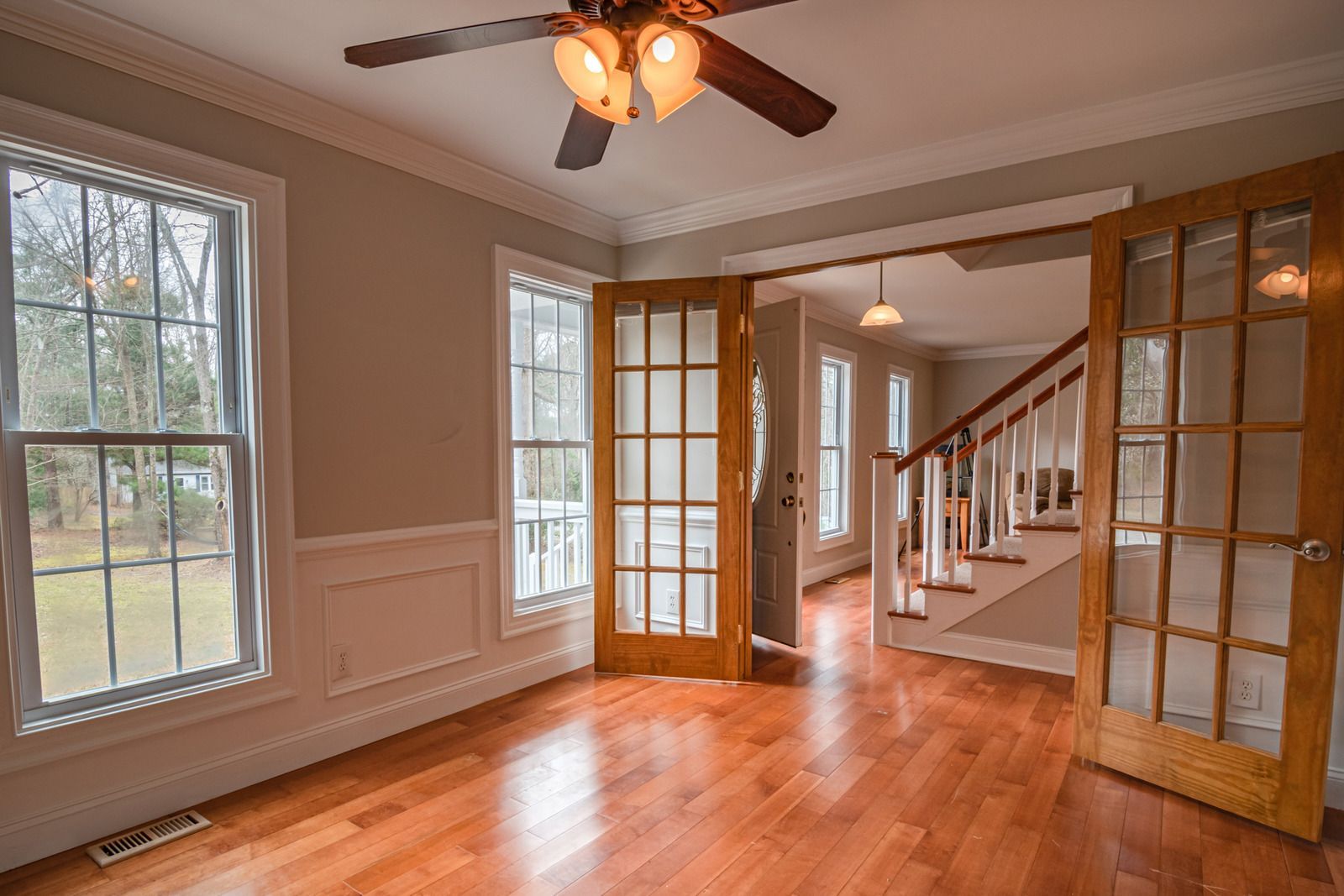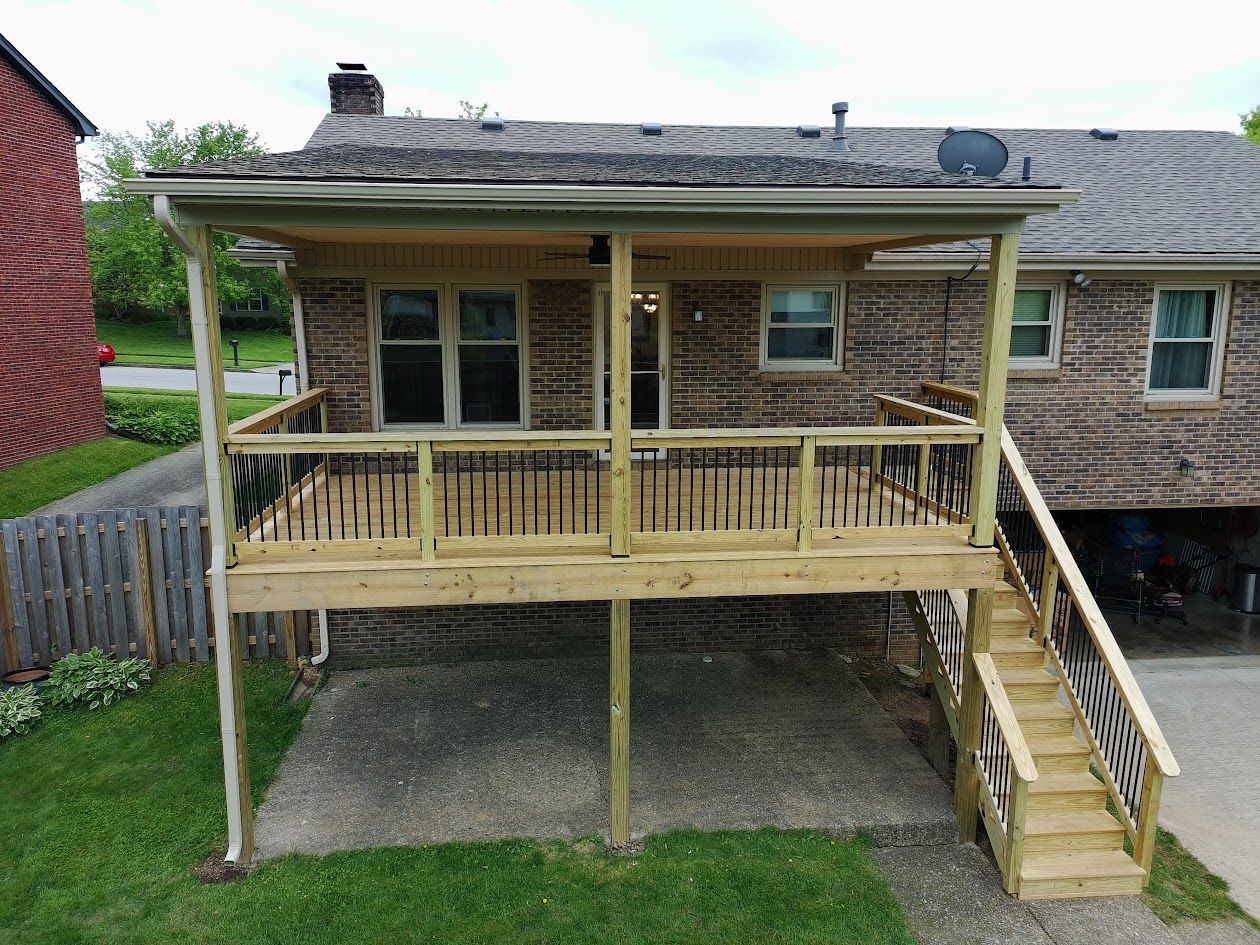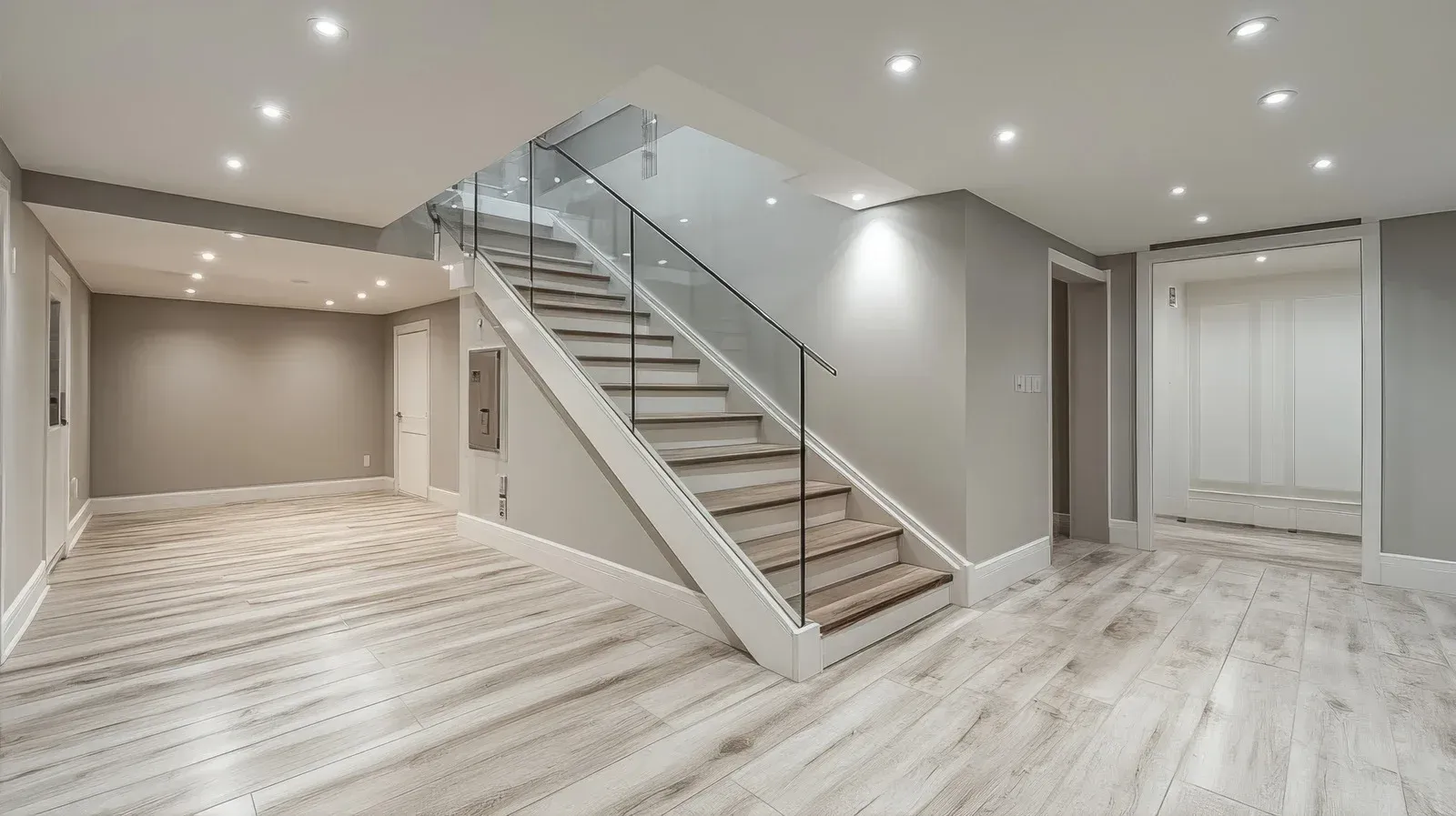What Materials Work Best For New Basement Walls And Flooring
Finishing a basement is one of the most effective ways to add useful living space and increase property value. Choosing the right materials for walls and flooring is important because basements often face unique challenges such as moisture, limited light, and temperature changes. The right choices ensure durability, comfort, and a polished look that lasts for years.
Best Materials for Basement Walls
Basement walls need to handle moisture while providing insulation and a finished appearance. A poor choice can lead to problems like mold, cracks, or peeling surfaces, so material selection is crucial.
Concrete Block Walls
Concrete block is one of the most common options for basement walls. It provides excellent strength and stability, resisting soil pressure around the foundation. When sealed properly, it creates a strong barrier against water and lasts for decades with minimal upkeep.
Insulated Panels
Many homeowners now use insulated wall panels because they combine thermal protection with a finished surface. These panels often include foam insulation inside a rigid frame, helping regulate temperature while also resisting moisture. They also speed up installation, making them a practical choice for modern basements.
Drywall with Moisture Resistance
If drywall is used in basements, it must be the moisture-resistant variety. Unlike standard drywall, this type resists water damage and mold growth. It can be painted or textured for a clean appearance, but it works best when paired with proper insulation and vapor barriers.
Stone or Brick Veneer
For homeowners who want a stylish and durable option, stone or brick veneer can add both strength and beauty. It provides a classic look while holding up well against moisture, making it suitable for feature walls in finished basements.
Best Materials for Basement Flooring
Basement floors often face more moisture challenges than walls, so choosing the right flooring is key for long-lasting results.
Vinyl Plank Flooring
Luxury vinyl plank has become one of the most popular basement flooring choices. It resists water, looks like real wood, and feels comfortable underfoot. With simple installation methods, it also offers a cost-effective way to achieve a high-end look in basements.
Ceramic or Porcelain Tile
Tile works well for basements because it is completely resistant to water and easy to clean. Ceramic or porcelain tile provides many style options, from natural stone designs to modern finishes. Adding area rugs can soften the space and make it feel warmer.
Sealed Concrete Floors
Polished or sealed concrete offers a durable and affordable solution. With stains, dyes, or epoxy coatings, concrete floors can look sleek and stylish while staying tough against moisture. This choice works well for homeowners who prefer a modern or industrial look.
Engineered Wood
Unlike solid hardwood, engineered wood has a layered structure that resists warping in damp conditions. It adds warmth and elegance to basement spaces while holding up better against humidity. Proper underlayment and moisture barriers are still necessary for long-term performance.
Rubber Flooring
For basements used as gyms or playrooms, rubber flooring is an excellent choice. It cushions impact, resists water, and provides a safe surface for children and exercise equipment. It may not suit every design style, but it offers function where comfort is the priority.
Conclusion
Selecting the right materials for basement walls and flooring ensures durability, comfort, and style that last for years. For expert guidance and professional installation, homeowners can rely on Dunn Construction, LLC, a trusted provider of
basement remodeling services in Lexington, Kentucky.




